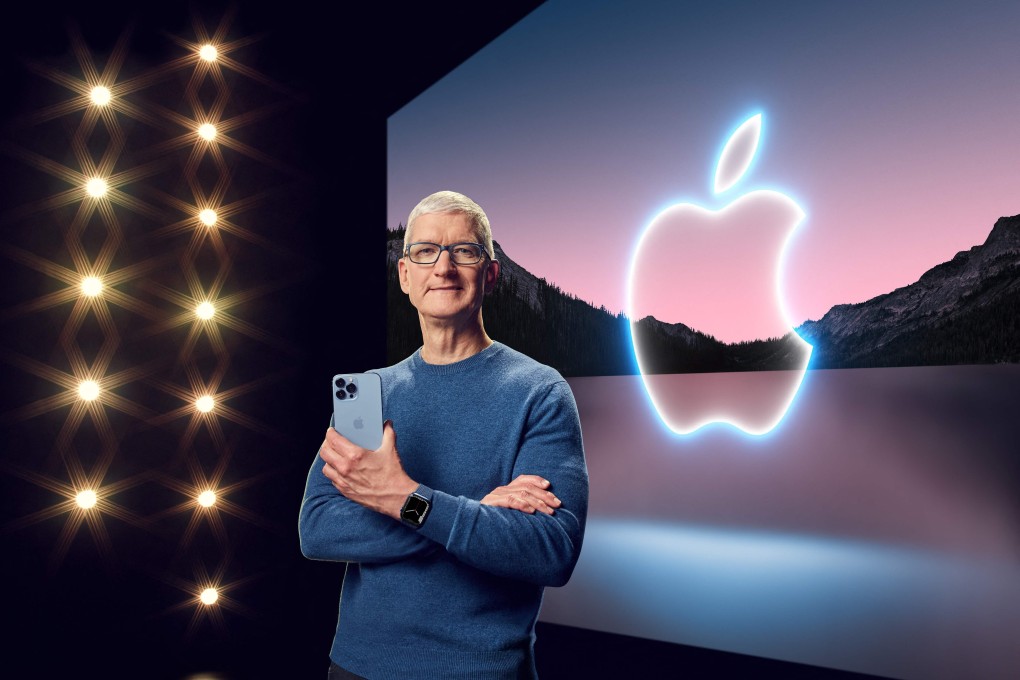Advertisement
Apple’s initial iPhone 13 pre-orders in China surpass last year’s as market offers fewer premium handsets amid Huawei’s decline
- Initial iPhone 13 pre-orders through Apple’s store on JD.com reached more than 2 million as of Thursday
- The new iPhone 13 models are expected to sell for less than the cost of corresponding iPhone 12 models in China
Reading Time:3 minutes
Why you can trust SCMP
9

Chinese consumers have placed more than 2 million pre-orders for the new 5G iPhone 13 line through Apple’s official store on JD.com as of Thursday, surpassing the 1.5 million iPhone 12 pre-orders on the same platform a year earlier, as the world’s largest smartphone market finds fewer high-end models on offer amid the decline of Huawei Technologies Co.
The iPhone 13, which was introduced on Tuesday in the US, stands out as this year’s go-to high-end smartphone in China because of Huawei’s inability to provide equally compelling premium handsets, as it continues to struggle under US trade sanctions, according to Counterpoint Research senior analyst Ethan Qi.
“There isn’t a smartphone [in the market] which can be a threat to the iPhone 13 above the 5,000 yuan (US$776) price range,” Qi said. “There isn’t a product that is as strong as the old Huawei Mate series.”
Advertisement
In July, Huawei launched its latest flagship Android smartphones, the P50 and P50 Pro, without 5G mobile support because of restrictions that block the company’s access to advanced US technologies.
Consumer interest for the iPhone 13 line was also high on Alibaba Group Holding’s Tmall platform, which will start pre-orders on Friday in line with Apple’s official presales kick-off. Many consumers are logging on to chat with customer service agents on Tmall, with some waiting in line for about 60 people to finish their inquiries, according to Chinese media. Alibaba owns the South China Morning Post.
Advertisement

Advertisement
Select Voice
Select Speed
1.00x